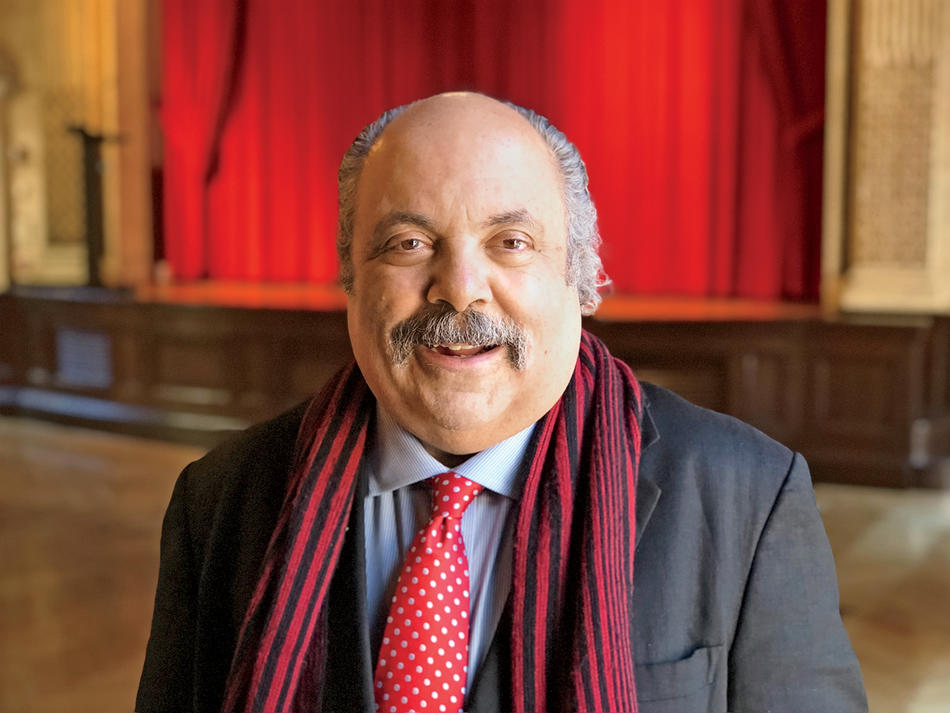How did you become an opera expert?
I’ve always loved the performing arts. My father was a musician, my mother was an administrator at Lincoln Center, and my stepfather was a manager at Columbia Records. I was a child actor, but I soon realized that I preferred life backstage. I studied Italian Renaissance history and opera production at the University of Wisconsin–Madison, and later I moved to Italy. I studied at DAMS in Bologna — Italy’s equivalent to Juilliard — and got a Fulbright to work at the La Scala opera house in Milan. After returning to New York and studying journalism at Columbia, I got a job as a program editor for the Metropolitan Opera House and later became performance manager there.
What type of work do you do now?
Outside of NPR, I consult with opera companies and teach a course at NYU called Adventures in Italian Opera. I’m the opera expert for Times Journeys, which are small-group travel tours organized by the New York Times. I also write and lecture about Italian food and have published six books on the topic.
Most operas are more than a hundred years old. Why are they still relevant?
Because they’re about us. The tragedy, the passion, the insanity, and the discordant aspects of modern life are all reflected. And some operas, such as Mozart’s La clemenza di Tito, Beethoven’s Fidelio, Verdi’s Don Carlo, and Giordano’s Andrea Chénier, are very political — they deal with the role of the individual in society and how the decisions of leaders inevitably affect people’s lives.
What are your feelings about contemporary opera?
People say there are no good operas anymore, but I think there are fantastic works nowadays. One challenge with modern opera is that it is expensive to produce, because you have to pay royalties to living people. If I had to name one modern masterpiece, it would be Dead Man Walking by Jake Heggie, based on the book by Sister Helen Prejean. The opera is able to magnify certain emotions in ways that the book and film versions do not.
What’s a great introductory opera?
Verdi’s Rigoletto, in part because most people already know some of the music. I recently took a friend to see it. She’d never been to the opera before, and she was in tears by the end.
What advice do you have for an opera newcomer?
First, you can’t be passive. You have to actively listen to the music as it tells the story. I really believe that if you read the synopsis and then listen and watch without looking at the translations in the projected titles, you engage much more and get a lot more out of it.
Second, turn off your analytical faculties. You don’t “understand” opera; you feel it. In our multitasking culture, we hear; we don’t listen. We see, but we don’t observe. Modern life teaches us to shut off our feelings, but opera activates our emotional potential. People who think it’s a frivolous diversion just don’t know.



